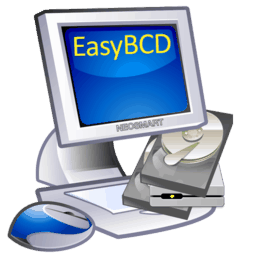Web 2.0 is about sharing stuff. No need to repeat that any more than it’s already been said. But for many “Web 2.0” sites/services out there, sharing is really the only thing they do. For instance, when you don’t really get anything by uploading a video to Metacafe or YouTube – you just share. But Scribd, the Web 2.0 “startup” (It’s been there for a while now…) for sharing text is a bit more than that. When you post content to Scribd, you tend to benefit in exchange.
When you upload a document to Scribd (which accepts almost all popular formats like OpenOffice, Microsoft Word, PDF, PowerPoint, and more), it’s automatically converted to .doc, .pdf, and .txt – and it comes with a converted-to-audio MP3 version as well. But most importantly – it’s a hell of a lot more convenient for your readers.
While you can embed a self-hosted video in your blog and have it streamed to your readers with little to no effort, inline and all, it’s a lot more complicated (rather, impossible) to embed a binary-encoded text file in a post or article. With Scribd, you can instantly embed a document like this:

 Don’t say you haven’t been warned: the signs have been there for a decade, available for all to see. No, you needn’t be a doctor, radiologist, or nano-technician to have seen them and heeded their warning, you just had to watch a couple of episodes of one of the 90s most popular hit TV shows ever: The X-Files.
Don’t say you haven’t been warned: the signs have been there for a decade, available for all to see. No, you needn’t be a doctor, radiologist, or nano-technician to have seen them and heeded their warning, you just had to watch a couple of episodes of one of the 90s most popular hit TV shows ever: The X-Files. 


